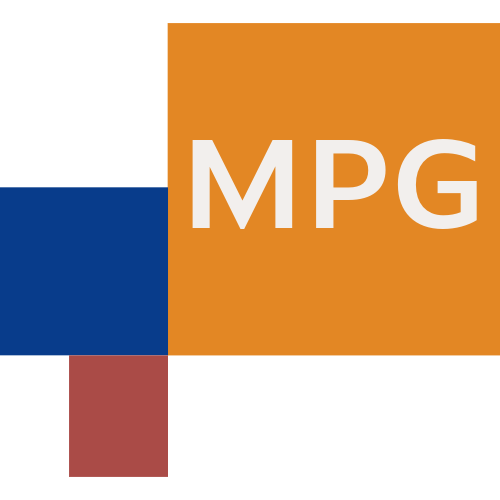menu
menu
Menu
cancel
- arrow_back_iosBacknavigate_nextpersonPersonal
- groupCommunities
- articleBlogs
- eventEvents
- sourceTemplates
- question_answerQuestions
- schoolLearning
- business_centerBusiness
- live_helpFAQ
What are the key components that make an anti-corruption policy effective, and how can organizations ensure these components are implemented consistently across different levels of their operations?
How can governments and international bodies collaborate to create and enforce anti-corruption policies that are effective on a global scale, particularly in regions with high levels of corruption?
What role does transparency and public access to information play in the success of anti-corruption policies, and what measures can be taken to improve these aspects within both private and public ...
**What are the primary benefits of implementing real-time monitoring systems in industrial operations, and how do they contribute to overall efficiency and productivity?
2. **How can real-time monitoring technologies be integrated with existing IT infrastructure in an organization, and what are the common challenges faced during this integration process?
3. **What role does real-time monitoring play in predictive maintenance, and how does it impact the decision-making process regarding equipment repairs and replacements?
How can businesses effectively measure their social impact to ensure their initiatives are truly benefiting communities?
What are the key challenges and opportunities in creating scalable social impact initiatives that address global issues such as poverty or education inequality?
How does technology influence social impact efforts, and what role do innovation and digital platforms play in enhancing these initiatives?
What policies and measures are most effective in reducing greenhouse gas emissions at both local and global levels, and how can these be implemented in different economic and political contexts?
